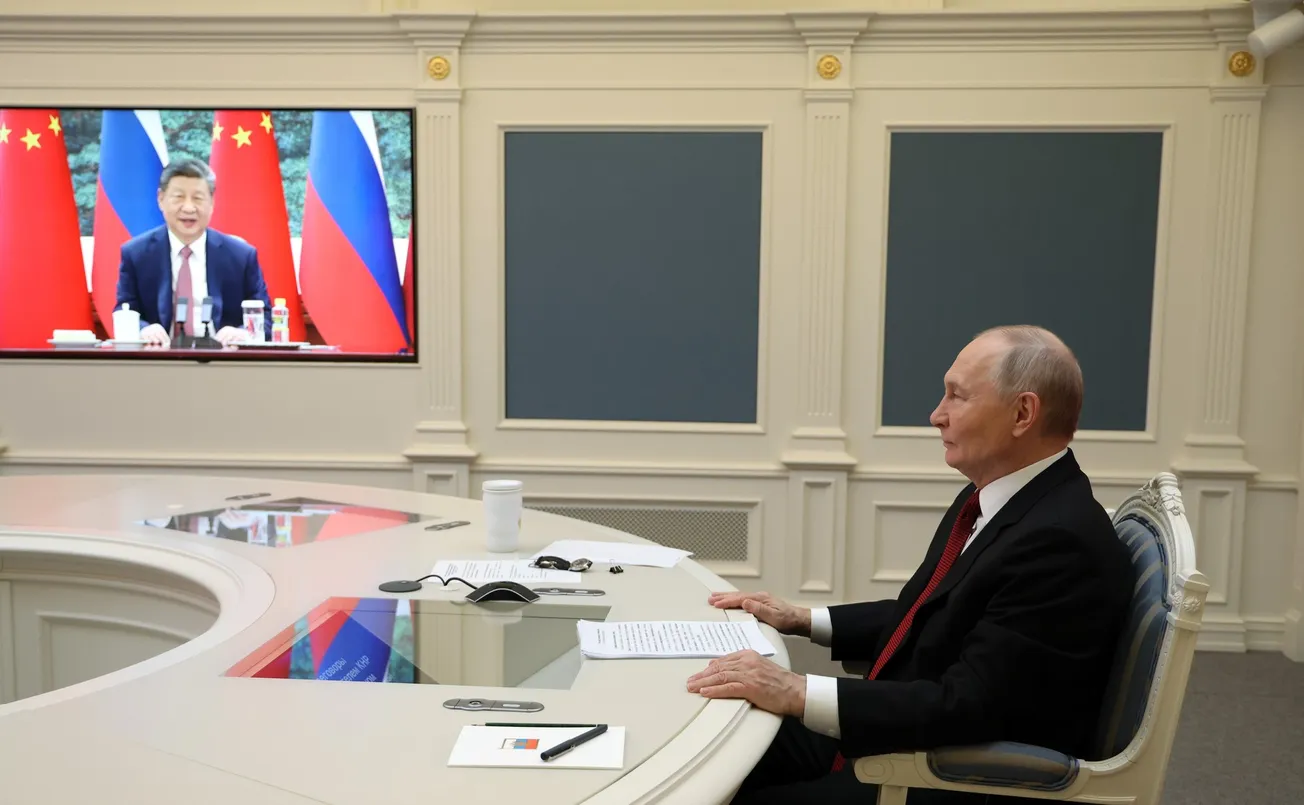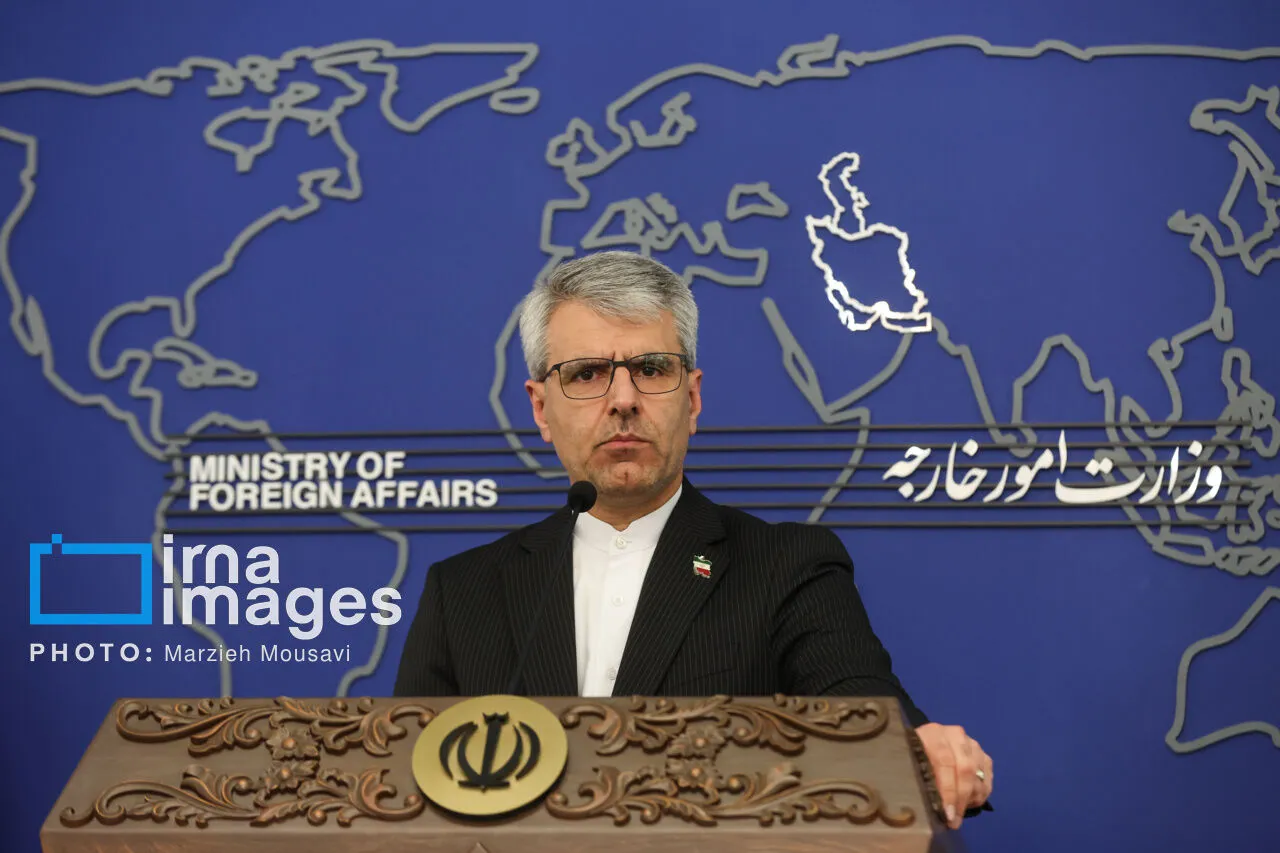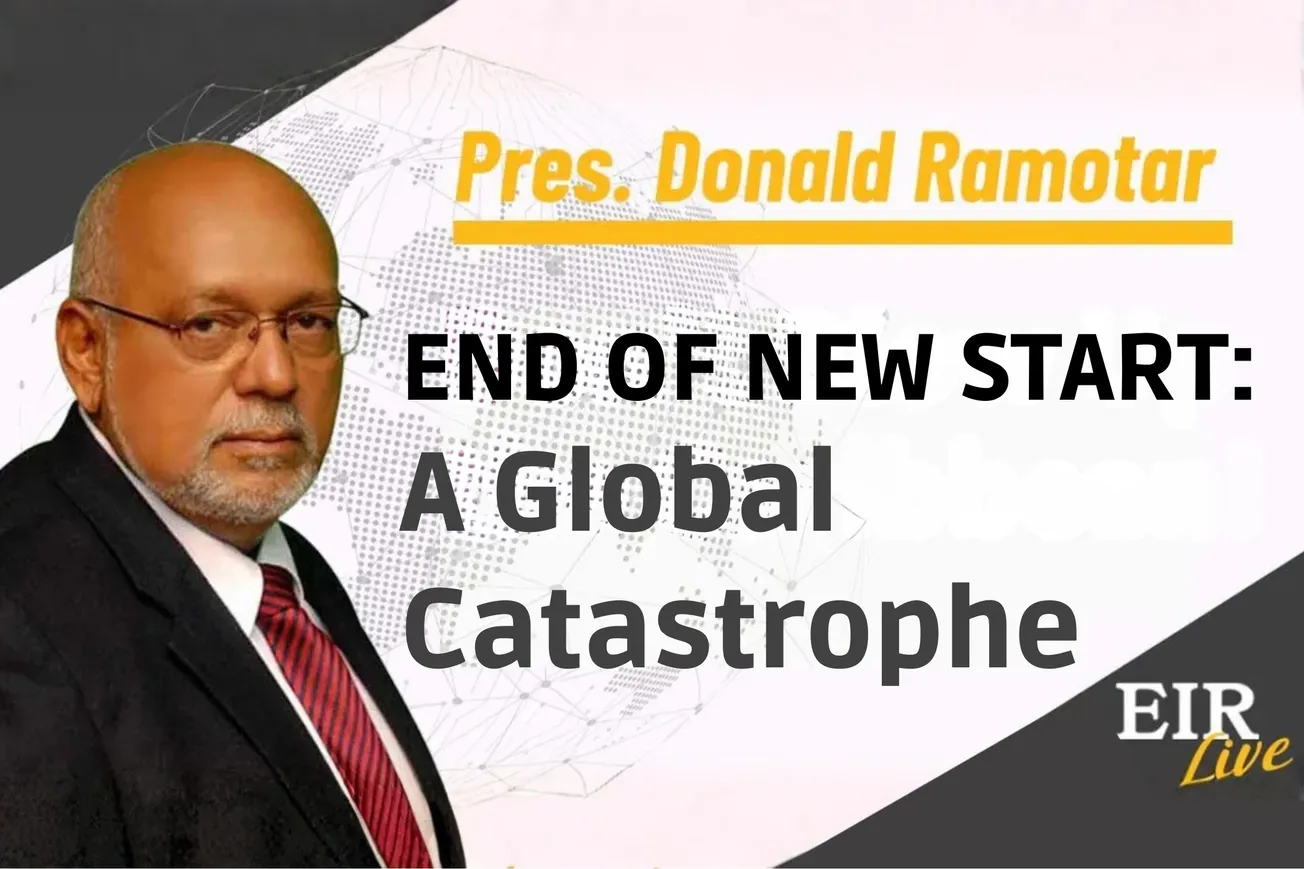Highlights from the opening testimony yesterday, given to the U.S. House Task Force on the Declassification of Federal Secrets, on the newly declassified files on the assassination of President John F. Kennedy, featured the damage done to the morale and functioning of the republic, and the present need to uncover the lies of a clique within the CIA, so as to set the ship of state aright. James DiEugenio, author of studies on the JFK and Martin Luther King assassinations, said that “over 90% of the public believes that something monumental happened after the Kennedy assassination, that the United States went from a country that was bathed in triumph and optimism after World War II to one that was now covered with cynicism and scepticism.”
Otherwise, DiEugenio noted that, despite President Trump’s public commitment to meet the legally mandated 2017 deadline to complete the declassification, a last-minute visit from the intelligence community backed him down. Then he added that “Biden was pretty much the same thing. Some would say, even worse.” But he thought “the impetus” for Trump to go further this time was the pressure put on Trump during the 2024 campaign by Joe Rogan and Judge Napolitano.
Oliver Stone, whose 1991 movie “JFK” catalyzed public consciousness, resulting in the Kennedy Assassination Records Collection Act of 1992 to open up the files, reminded the legislators of a time when the United States was not simply about wealth and military might. Rather, it had a purpose. Kennedy really wanted peace in our time—not a Pax Americana enforced by American weapons of war, but a genuine peace. He quoted from Kennedy’s June 10, 1963 American University speech: “We all live on this planet, we all breathe the same air, we all cherish our children’s future, and we are all mortal.” So, Stone said, of those who “betrayed our Constitution and chose the path of war,” he offered that we can “forgive but not forget.” Then his clincher: “The truth is the greatest pleasure a Socratic soul can achieve in this lifetime.”
He ended on a different note, with the image of the type of evil that had visited the country. He recounted that James Jesus Angleton, in 1963 the head of CIA Counterintelligence and at the center of the assassination coverup, late in life spoke of what he called the “grand masters” of intelligence—besides himself, mentioning Allen Dulles, Richard Helms, and such. Angleton observed that “if you were in a room with them, you were in a room full of people that you had to believe would deservedly end up in Hell. I guess I will see them soon.”




